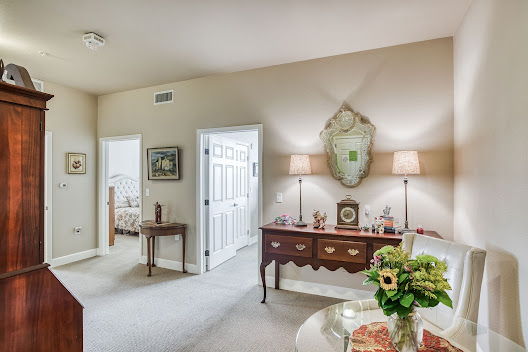Understanding Sleep Apnea in the Elderly: Symptoms and Solutions
Sleep apnea is a common yet often underdiagnosed condition in the elderly that can significantly impact health and quality of life. Residents in environments such as assisted living Lakewood, senior living Lakewood, and senior assisted living Lakewood should be particularly aware of the signs and potential treatments for this condition.
Symptoms of Sleep Apnea in Seniors
The primary symptom of sleep apnea is frequent interruptions in breathing during sleep, which can lead to excessive daytime sleepiness, morning headaches, and irritability. Other symptoms may include loud snoring, sudden awakenings with a sensation of gasping or choking, and observed episodes of breathing cessation during sleep. These symptoms can be more challenging to manage in senior environments like memory care Lakewood and senior apartments Lakewood, where residents may have other underlying health issues.
Risk Factors for Sleep Apnea in the Elderly
Several factors increase the risk of sleep apnea in seniors, including obesity, a history of smoking, having a thick neck, or a narrowed airway. In settings like senior living Lakewood and senior assisted living Lakewood, staff can help monitor these risk factors and assist residents in managing their weight and quitting smoking.
Diagnosis and Monitoring
Diagnosing sleep apnea typically involves a sleep study, which residents in facilities like assisted living Lakewood and memory care Lakewood can often undertake either at specialized sleep centers or at home using portable monitors. Regular monitoring is crucial to ensure the effectiveness of treatment and to adjust it as needed.
Treatment Options for Sleep Apnea
Treatment for sleep apnea may include lifestyle changes, such as weight management and positioning strategies during sleep. In more severe cases, Continuous Positive Airway Pressure (CPAP) machines may be recommended. These devices provide a steady stream of air through a mask to keep the airways open during sleep. For residents of senior apartments Lakewood and other senior facilities, ensuring that these devices are correctly used and maintained is key to effective treatment.
Alternative Therapies and Solutions
In addition to CPAP machines, other treatment options such as dental appliances or surgery may be suitable for some seniors. These alternatives can be particularly beneficial for individuals in senior assisted living Lakewood, where comfort and ease of use are paramount.
Lifestyle and Dietary Adjustments
Encouraging a healthy lifestyle that includes regular physical activity and a balanced diet can also help alleviate symptoms of sleep apnea. Senior living facilities like those in senior living Lakewood and assisted living Lakewood often provide programs and amenities that promote such healthy habits.
By understanding the symptoms, risk factors, and treatment options for sleep apnea, seniors and caregivers in facilities like assisted living Lakewood, senior living Lakewood, senior assisted living Lakewood, memory care Lakewood, and senior apartments Lakewood can take effective steps to manage this sleep disorder, leading to better sleep and improved overall health.



.jpg)
Comments
Post a Comment